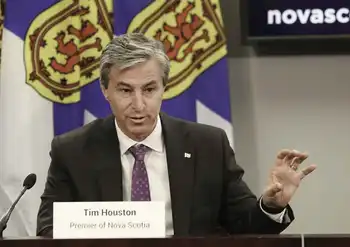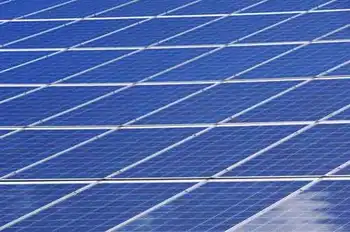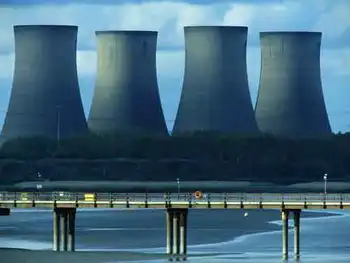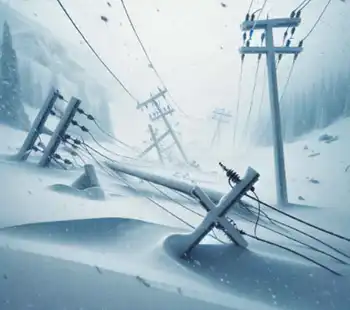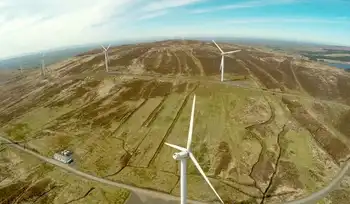Homegrown, renewable energy in Florida
By Charles H. Bronson, St. Petersburg Times
High Voltage Maintenance Training Online
Our customized live online or in‑person group training can be delivered to your staff at your location.

- Live Online
- 12 hours Instructor-led
- Group Training Available
Most Americans would probably agree that developing homegrown sources of energy that will never run out is a good thing. And having served as Florida's agriculture commissioner for the past decade, I know that our state's farms, ranches and forestland can be an important part of our energy future.
I sit on the steering committee of 25x'25, a national coalition whose vision is to see America's agricultural and forest lands produce 25 percent of America's energy by 2025 - while continuing to produce safe, abundant, and affordable food, feed and fiber. It's a broad coalition that doesn't prescribe policy solutions, but that provides a lot of information and asks those of us who work in the agricultural and forestry communities to consider solutions.
A new report from the University of Tennessee, commissioned by 25x'25, provides fresh information about the role of our agriculture and forestry sectors play in our nation's energy future. Researchers looked at what would happen if, in addition to implementing the national Renewable Fuels Standard - passed by Congress in 2005 and expanded by the Energy Independence and Security Act of 2007 - the United States added a Renewable Electricity Standard, or RES. An RES would require utilities to generate a certain percentage of the electricity they produce from renewable sources, including solar, wind and bio-energy.
The study found that farmers, ranchers and foresters across the country would benefit from such an effort. The one-two punch of renewable fuels and renewable electricity could spur an additional $215 billion of economic activity, create 700,000 jobs, and add $84 billion to the nation's GDP.
The study projects that an estimated $14 billion in new revenue would flow to the agricultural and forestry sectors. Growing crops that can be turned directly into energy or co-fired in combination with traditional power sources, leasing land for wind turbines and solar panels, selling waste wood to be turned into electricity - these could be important new revenue streams.
I was born into a family that has been farming and ranching for 375 years, and I know it's not the easiest way to earn a living. As times change, innovation is essential. Getting more of our energy from farms, ranches, and forests could make a real difference for our fellow Floridians who make a living from the land.
It's an idea that is worth a serious conversation, especially as part of a long-term, comprehensive and stable energy policy. And it's worth noting that two-dozen states already have some kind of renewable energy standard. Done right, policies that encourage renewable energy can attract clean-tech businesses, spur technological innovation, and create jobs.
Florida's farmers, ranchers and foresters - and their partners in business and academia - are already working on producing energy, often with assistance from the state government. During my time as the state's agriculture commissioner, we have:
• Granted more than $67 million to companies and universities researching and developing commercial production of renewable energy here in Florida
• Developed the "Farm to Fuel" program, designed to make Florida a leader in the production of alternative energy using crops and woody biomass.
The market for renewable energy is growing fast, here at home and around the world. With our robust agricultural sector, excellent universities and research institutions, innovative companies, and entrepreneurial spirit, Florida is well placed to benefit. In our state and across the nation, our farms, ranches, and forests have a lot to offer. Policies that encourage renewable energy will accelerate the delivery of clean energy solutions, and help move us toward a more profitable, more sustainable future.





